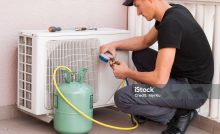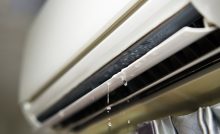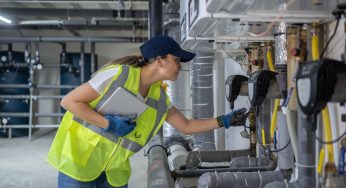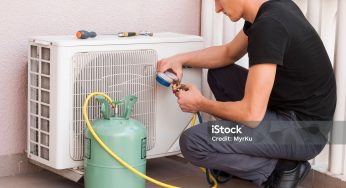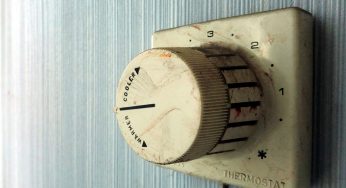Are Higher HVAC Efficiency Standards Going To Be Implemented Soon?
In 2013, the U.S. Department of Energy’s plan for increasing HVAC efficiency was to go into effect. After working with leaders in both the HVAC and utilities industries, the DOE’s plan to increase HVAC efficiency standards from a minimum of 78 AFUE (annual fuel utilization efficiency) to a new minimum of 90 AFUE seemed destined to make a significant impact in reducing energy consumption. Unfortunately, these standards came at a high price. It became evident that many homeowners would struggle financially trying to comply with the proposed higher HVAC efficiency standards.
The major problem presented with these higher AFUE ratings is that only a condensing furnace would be able to meet the new minimum requirement. While there is little doubt that a condensing furnace can offer increased energy efficiency and meet the 90 AFUE proposed by the DOE, implementing this plan would require homeowners to undertake costly and extremely difficult retrofitting measures before this new type of heating system could be installed.
Condensing furnaces offer a great way to increase HVAC efficiency, but because their design is different than traditional furnaces and boilers found in most homes today, retrofitting an existing home to accommodate this new system would put a financial strain on some homeowners. This is especially true in attached homes, condominiums and townhomes where accessing external walls could be problematic.
A condensing furnace requires a very different type of venting from other heating systems. While they do have a primary heat exchanger that is used in converting the heat generated from burning gas into usable heat to keep your home warm, these furnaces also utilize a secondary heat exchanger designed to capture and use the heat that typically is wasted in a combustible heating system.
With the high cost homeowners would face in retrofitting their existing homes to accommodate a new condensing furnace, individuals in the HVAC industry argued against implementation of the higher minimum AFUE requirements. At this time the courts have delayed implementation, but as this case works its way through the system it is hard to say what the end result might be.
When you want to increase HVAC efficiency or if you need other types of HVAC service, be sure to contact a local HVAC contractor.
Recent Posts
Maximizing the Efficiency of Your Commercial Heat Pumps
Heat pumps are increasingly becoming the go-to solution for commercial heating and cooling needs due…
Does My Air Conditioner Need to Be Recharged?
In the sweltering heat, especially during the summer months in areas like Lake Elsinore, CA,…
Signs Your Thermostat Needs to Be Replaced
Having a functioning HVAC system is crucial for maintaining a comfortable home environment. A critical…
How Poor Air Quality Impacts Workplace Productivity
In today's fast-paced work environment, optimizing workplace productivity is paramount for the success of any…
5 Signs Your Heat Pump Needs To Be Serviced
Heat pumps need love and care like any other kind of heating system. If you're…
6 Resolutions for a More Energy-Efficient 2025
It’s 2025, and that only means one thing—making resolutions. We often associate the new year…




